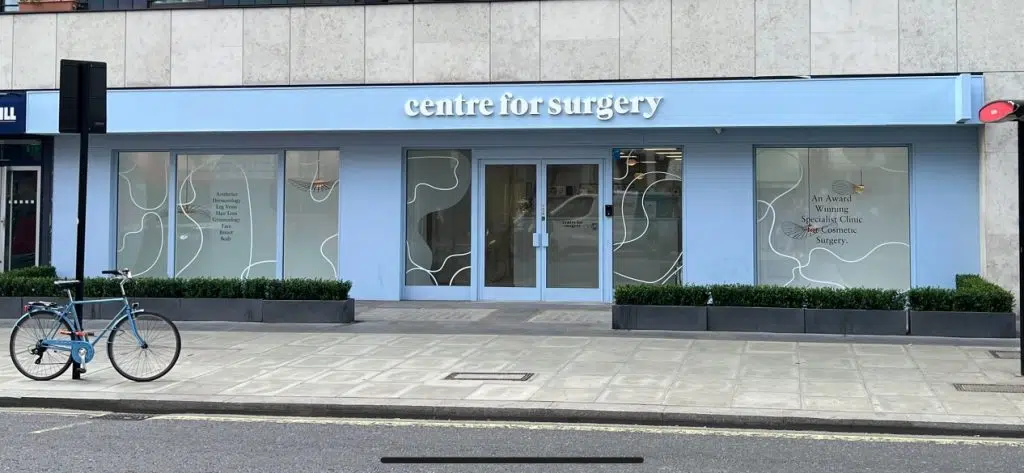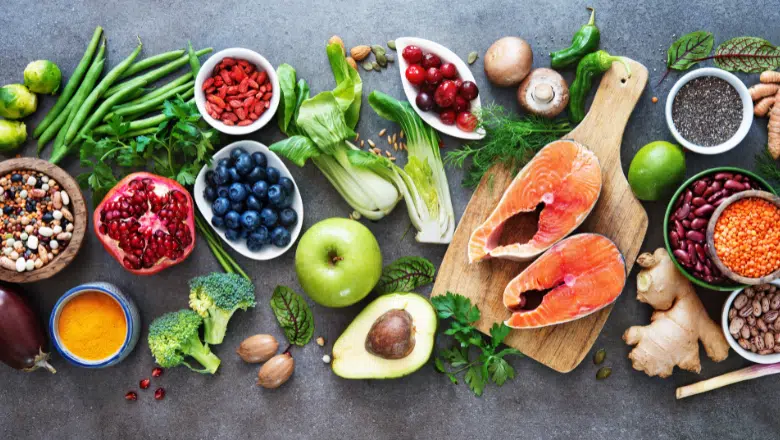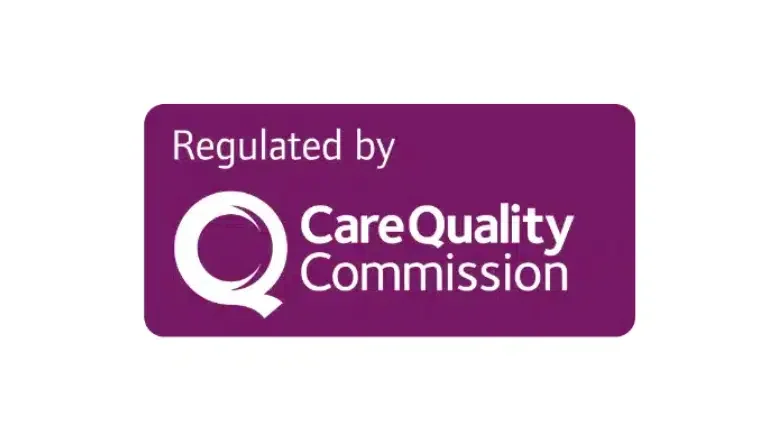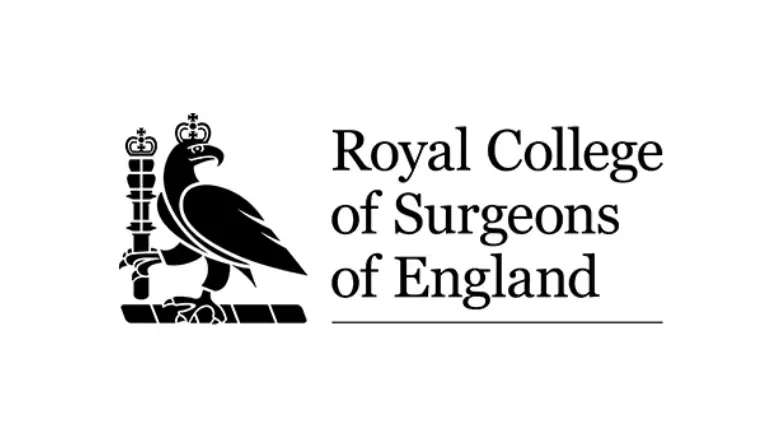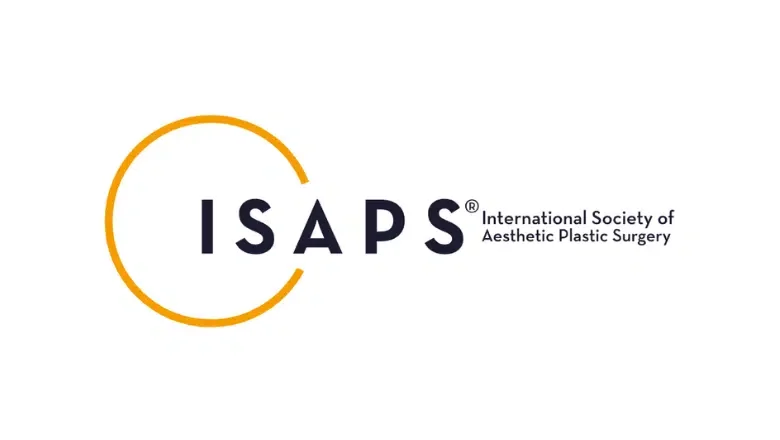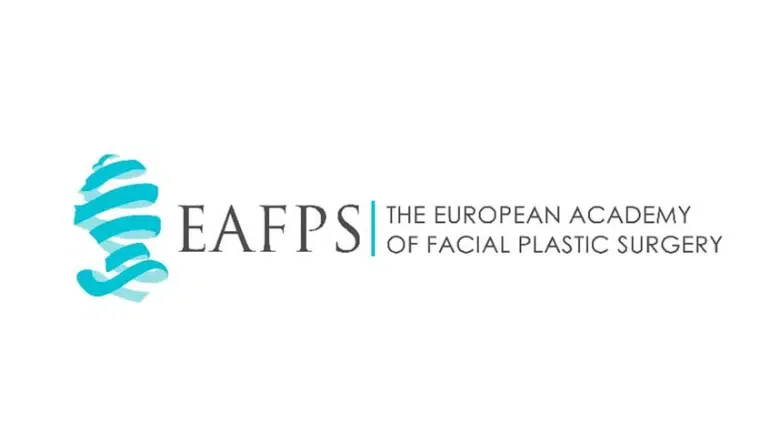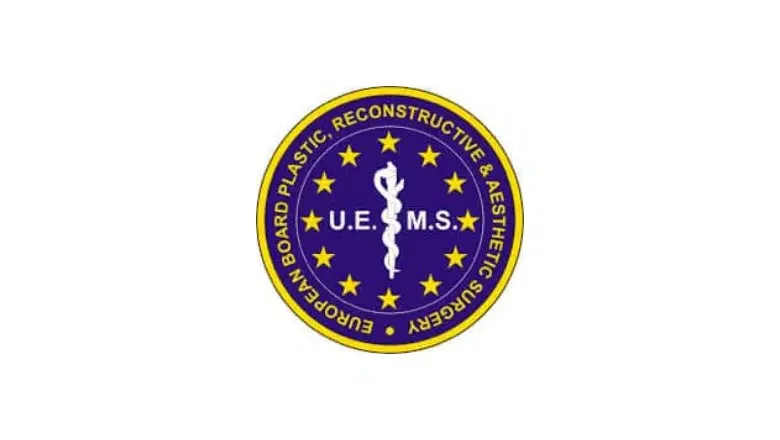Being mindful about what you consume before undergoing cosmetic surgery can play a crucial role in preparing you for a successful procedure, contributing to the best possible cosmetic outcomes. By adhering to a suitable pre-operation nutritional regime prior to your surgery, you can strengthen your immune system, encourage efficient wound healing, and minimise your recovery time.
Consuming appropriate foods and steering clear of certain others can help avert complications after the operation, such as infections and slowed wound healing.
You should put in some effort to prepare balanced, nutritious meals before your surgery. Doing so can prevent you from falling back on unhealthy snacks during recovery.
RELATED: Recovery after Cosmetic Surgery
At Centre for Surgery, our skilled plastic surgeons provide guidance on the type of foods you should consume and those you should avoid prior to cosmetic surgery. The aim of this advice is to promote effective healing, avert potential complications, and enhance your results. We understand that each patient’s needs and circumstances are unique, and our advice is tailored to your individual health and well-being.
RELATED: Pre-Surgery FAQs – Preparing for Cosmetic Procedures
The Importance of Good Preoperative Nutrition
The food and drink you consume before undergoing cosmetic surgery plays a critical role in your recovery and the success of the procedure. During such surgery, your surgeon might need to make incisions, separate tissue, eliminate excess skin and fat, or adjust and shape bone and cartilage. As a result of this process, your body will lose some blood and essential nutrients.
Following any surgical intervention, your body embarks on a healing journey. This involves repairing any wounds and injuries, and replacing any lost tissues and nutrients.
The food you consume in the days preceding your cosmetic procedure acts as your body’s natural remedy. It helps restore the lost nutrients and determines the efficiency of your body’s healing process after surgery.
It’s quite common for patients who have undergone bariatric surgery for weight loss to later opt for plastic surgery. This helps remove excess skin, reshape the body, and tighten sagging tissue. However, such patients often lack vital nutrients needed for wound healing and recovery.
Malnourishment can weaken the immune system and increase the risk of wound infections, wound rupture (dehiscence), and delayed wound healing. Therefore, these patients must consume a sufficient amount of essential nutrients, like zinc and selenium, before plastic surgery. This ensures improved wound healing and reduces the risk of potential complications.
RELATED: Risks and Complications of Cosmetic Surgery
You should be as close to your ideal weight as possible before undergoing post-weight loss plastic surgery. Achieving this helps your surgeon to remove as much excess skin and fat as possible, leading to the best possible cosmetic results.
What Should I Eat Before Cosmetic Surgery To Get The Best Results?
Eating the right foods before cosmetic surgery can greatly enhance your overall results. While cosmetic procedures like liposuction, tummy tuck, arm lift, or thigh lift can help shape and tone your body, they are not a solution for weight loss.
RELATED: How to Reduce Complications From Excess Skin Removal Surgery
One of the best ways to prepare for cosmetic surgery is by maintaining a healthy, balanced diet to ensure good pre-op nutrition. This will help you reach your ideal weight, which in turn minimises postoperative complications and maximises cosmetic outcomes. Furthermore, maintaining a healthy diet in the weeks leading up to your cosmetic surgery can boost your energy and speed up recovery.
- Proteins: Consuming protein-rich foods in the weeks before your surgery can aid your body in healing wounds and speeding up recovery. After surgery, your body needs proteins, specifically collagen, to repair skin, muscles, tendons, and bones. Proteins also help your body generate new blood cells and collagen and mend surgical wounds. Excellent sources of proteins include protein powder, chicken, fish, beans, milk, and eggs.
- Iron: This nutrient is a crucial component of haemoglobin in your blood and is essential for oxygen delivery, cell growth, and survival. An iron deficiency can increase blood loss and lead to adverse outcomes post-surgery. If your pre-op blood tests indicate low iron levels, you might need iron supplementation prior to plastic surgery. You can either take iron as supplements or get it from foods like nuts, dried fruits, legumes, dark leafy green vegetables, and oats.
- Fruits and Vegetables: Consuming a variety of fruits and vegetables in the weeks leading up to your surgery can provide you with the best possible results. These foods are rich in antioxidants, which aid in faster healing post-surgery. Additionally, they are low in calories and high in fibre, which helps you feel fuller for longer and can prevent post-operative constipation.
- Hydration: Staying well-hydrated before cosmetic surgery is key to staying healthy. Consuming plenty of water and fluids helps flush toxins from your body, boosts energy levels, and enhances bodily functions, which can improve recovery from cosmetic surgery.
- Probiotics: Gut bacteria are crucial in synthesising vital nutrients like vitamin K and short-chain fatty acids. Disruption in gut bacteria can cause post-op wound infections. Hence, taking probiotics (found in yoghurts or as supplements) before cosmetic surgery can help reduce complications such as infections and improve aesthetic outcomes.
- Vitamins and Trace Minerals: Antioxidants such as vitamin A, vitamin C, selenium, manganese, and zinc neutralise harmful free radicals and aid wound healing. They also bolster your immune system, helping it fend off infections. Additionally, they stimulate the production of collagen, which is crucial for repairing wounds and injuries. You can either take these as supplements or obtain them from various foods like kale, spinach, carrots, citrus fruits, green peppers, potatoes, tomatoes, mushrooms, cabbage, raspberries, pineapples, bananas, oysters, beans, nuts, whole grains, breakfast cereals, and dairy products.
- Omega-3: Foods rich in omega-3 fatty acids, such as fatty fish, flax seeds, chia seeds, and walnuts, are recommended pre-surgery. Omega-3s are anti-inflammatory and play a role in blood clotting. They can reduce inflammation and bleeding and help your body recover faster post-surgery. Note, however, that omega-3 supplements should be avoided early in your surgical journey as they can cause excessive bleeding.
- Stool Softeners: Due to prescribed pain medication, you might experience constipation after cosmetic surgery. To prevent this, your surgeon may prescribe a laxative or stool softener a few days prior to your procedure.
- Bromelain: This digestive enzyme, found in pineapple extract, can help reduce pain, inflammation, and swelling. Consuming bromelain before cosmetic surgery can improve pain management, enhance wound healing, and accelerate recovery. You can get bromelain from pineapples or purchase it as a supplement.
RELATED: Diet Before and After a Tummy Tuck
Foods to Avoid Before Cosmetic Surgery
When you’re getting ready for cosmetic surgery, it’s not only important to know what you should eat but also what you should steer clear of. This ensures that you heal beautifully and see the best results from your procedure. Let’s talk about a few things you ought to avoid:
First off, try to stay away from foods that are heavy and greasy. These types of food can upset your stomach and might even make your body take longer to heal, as it’s too busy dealing with digestion rather than focusing on getting better. Instead, eat foods that are packed with proteins and fibre. These nutrients are your allies in speeding up the recovery process.
Next, it would be wise to reduce your intake of foods that are high in salt, sugar, and refined carbohydrates. We’re talking about the usual suspects like pasta, white bread, crisps, and sweets. Such foods can lead to increased inflammation and might dampen your immune system’s ability to do its job, which is not what you want when you’re trying to heal. A better choice would be whole grains like barley, bulgur, quinoa, or black rice. These are not only great sources of fibre but they’re also much better for you. And when it comes to adding flavour to your meals, opt for spices instead of salt.
Smoking is a big no-no before surgery. It can seriously hinder the way your wounds heal and raise the likelihood of running into complications after your operation.
Alcohol is another thing to avoid. Since it can thin your blood, drinking alcohol may lead to excessive bleeding and bruising, which is the last thing you need. It’s best to cut out alcohol a day or two before your surgery and drink lots of water instead to stay hydrated.
Finally, certain medications need to be paused before your surgery. This includes blood thinners, anti-inflammatory drugs, and some herbal supplements. These could interfere with the anaesthesia and increase bleeding risks, which could affect your recovery and the outcome of the surgery. Make a list of all vitamins, supplements, and medications you’re taking and discuss with your surgeon about how and when to stop taking them.
Preoperative Nutrition FAQs
Why is pre-op nutrition important before cosmetic surgery?
Pre-operative nutrition is crucial as it prepares your body for the stress of surgery and the subsequent recovery period. A balanced diet rich in nutrients aids in wound healing, boosts your immune system, and can help prevent post-operative complications such as infections.
Can I take supplements before cosmetic surgery?
While some supplements can boost your immune system and promote healing, others can interfere with anaesthesia, increase bleeding, or cause other complications. Therefore, discussing any supplements you’re taking with your surgeon during your pre-operative consultation is critical.
Can I consume alcohol before my cosmetic surgery?
No, it’s advised to avoid alcohol a few days before your cosmetic surgery as it can act as a blood thinner, increasing the risk of bleeding and bruising and potentially prolonging your recovery time.
Should I quit smoking before my cosmetic surgery?
Yes, it’s highly recommended to quit smoking at least a few weeks before your surgery. Smoking impairs wound healing and increases the risk of complications.
How can I stay hydrated before my cosmetic surgery?
Drinking plenty of water and fluids like herbal teas and juices can help maintain your hydration levels before surgery. However, you should avoid drinking any fluids after midnight on the day before your surgery, unless otherwise instructed by your surgeon.
Can my diet affect the results of my cosmetic surgery?
Yes, your pre-operative diet can significantly influence your surgical outcomes. Achieving a stable, healthy weight before surgery and maintaining a balanced, nutritious diet can optimise your healing process, reduce the risk of complications, and enhance your overall cosmetic results.
Choosing Centre for Surgery for Plastic and Cosmetic Surgery
Deciding where to have your plastic or cosmetic surgery is a pivotal step in your journey towards transformation. Centre for Surgery stands out as the leading choice in London for numerous compelling reasons.
Our clinic is home to a group of highly skilled surgeons who bring years of experience to the table. They are adept in a wide range of plastic and cosmetic surgery procedures, ensuring you’re in the hands of experts who are at the forefront of the latest surgical innovations.
At the heart of our approach is patient-centred care. From the moment you walk through our doors for your initial consultation to the comprehensive support you receive post-operation, our dedicated team is with you every step of the way. We prioritise understanding your specific needs and goals, ensuring you’re well-informed about your treatment options.
Our facilities reflect our commitment to excellence, equipped with cutting-edge technology and designed for your comfort and safety. We follow stringent sterilisation protocols, ensuring a safe environment for all our patients.
Safety and quality are the cornerstones of our practice. We adhere to rigorous safety standards, conducting all treatments in fully accredited surgical facilities that surpass national requirements.
Transparency is key in how we communicate our pricing, with no hidden costs. Our range of payment plans and financing options are tailored to make your desired treatment accessible.
We take pride in our patients’ positive experiences, which are reflected in the glowing reviews and testimonials that speak volumes about our commitment to satisfaction.
Understanding the importance of post-operative care in achieving optimal results, we offer thorough follow-up care. This includes regular check-ups and round-the-clock patient support to ensure a smooth recovery.
Ethical practice is at the core of what we do. We ensure you have all the necessary information to make informed decisions about your care, without feeling rushed or pressured.
Dedication to continuous education and research keeps us at the cutting edge of effective, advanced treatments. Our surgeons are actively involved in both national and international professional communities, contributing to scientific advancements in our field.
Recognising that each patient is unique, we craft personalised treatment plans. These bespoke plans are designed to meet individual needs and goals, ensuring the outcomes meet and exceed expectations.
